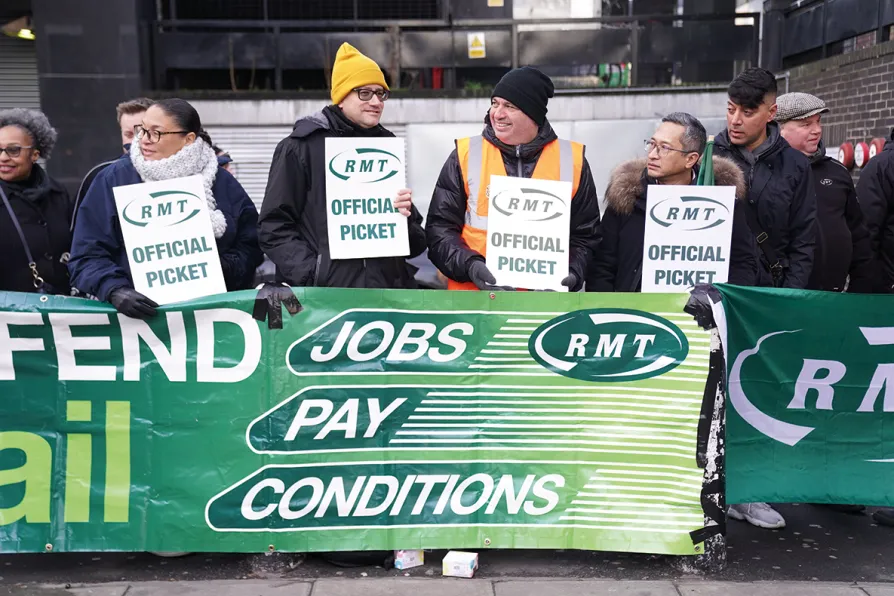The real question for Your Party, as it holds its CEC elections, will be whether shaped from above or built from below by empowered branches and a bold, uncompromising socialist programme. Mel Mullings, Riccardo la Torre and Chloe Braddock of the Grassroots Left slate set out their case


THE cost-of-living crisis and the grotesque inequality of wealth in our society are the tip of the iceberg when it comes to deep disparities of class and power.
Big businesses, the City and the super-rich wield huge economic and political power.
And working people and small businesses who have carved out a stake in society are seeing that diminish through wage suppression and bumper profits for the super-rich.

Ben Chacko talks to RMT leader EDDIE DEMPSEY about how the key to fixing broken Britain lies in collective sectoral bargaining, restoring unions’ ability to take solidarity strike action and bringing about the much-vaunted ‘wave of insourcing’

Our members face daily abuse, being spat at, sometimes even deadly assaults, and employers fail to take the issue seriously despite the increasing danger, writes RMT general secretary EDDIE DEMPSEY

Congress can chart a bold course that will force meaningful transformation for the people of Scotland










